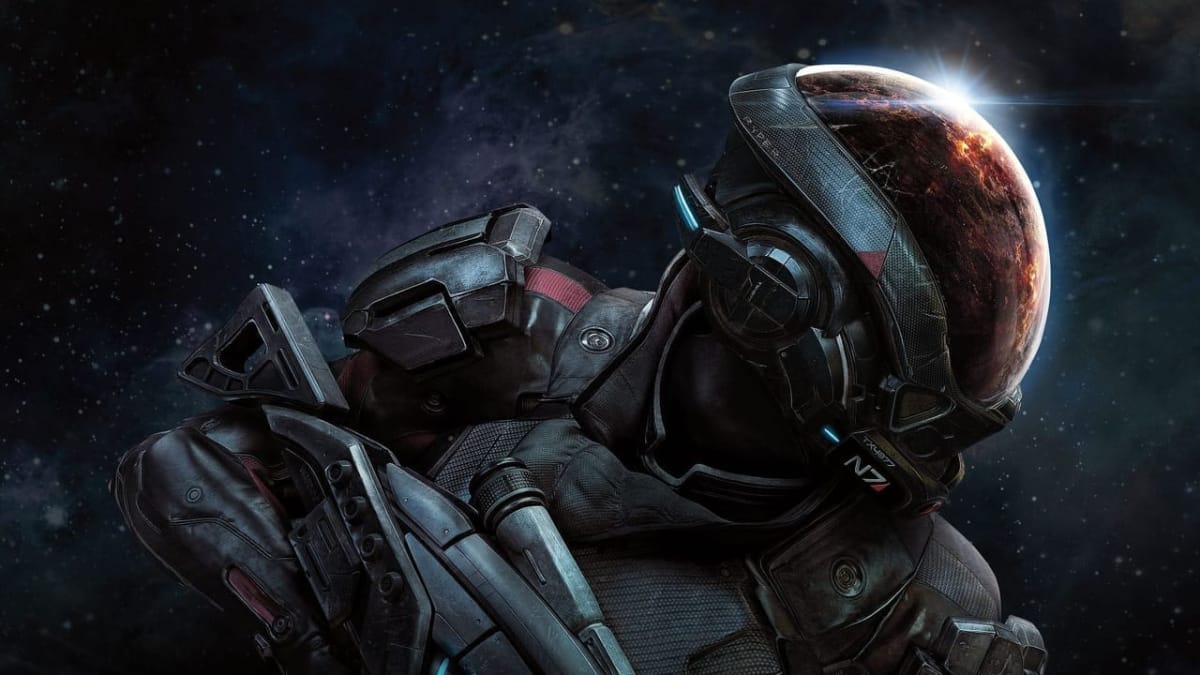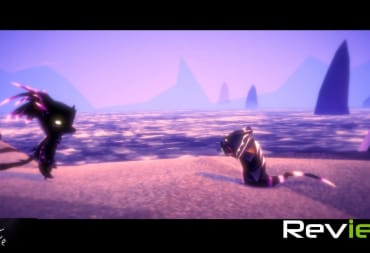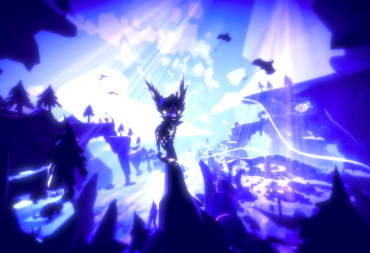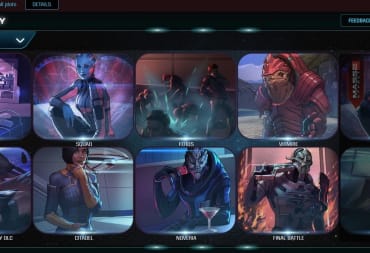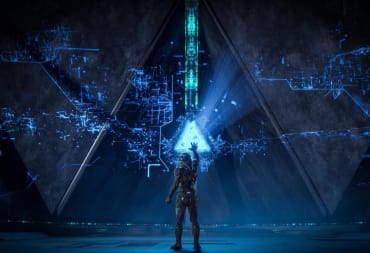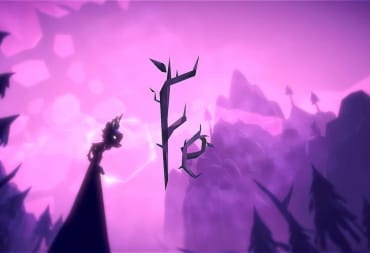It is hard to put into words the surge of emotions surrounding a game like Mass Effect: Andromeda. It has become, by no stretch of the imagination, one of the most talked about titles in the past few weeks and not necessarily for the right reasons. It certainly makes discussing such a game for review difficult, as pretty much any critique left to give has likely been stated already and is a rehash of ideas that just lead us down the same circular conversation of the game's technical flaws.
It also puts me in an uncomfortable position, especially from the perspective of a fan of the series. The Mass Effect trilogy is one of the most important game series to come out of the seventh generation, warts and all. It is a larger than life legacy to live up to. Especially considering the growing cynicism surrounding a developer like BioWare as of late, and the massive backlash that occurred regarding the ending of Mass Effect 3, does Andromeda live up to that task?
It really does depend on your perspective, because BioWare decided to play it safe with Andromeda in a lot of ways. Harkening back to the original games' more charming sense of optimistic wonder, Andromeda is futilely trying to capture lighting in a bottle; a task that they are close to achieving, but never quite reach. The rather overblown response to the game's technical faults notwithstanding, the game itself is a good, old BioWare title, which in and of itself is a double-edged sword for Mass Effect: Andromeda.
The story has you playing as Ryder, one of two twins who, along with their father and over 100,000 others, make a long trek towards the Andromeda galaxy's Heleus Cluster. As the untested Ryder, you are given the title of Pathfinder, a special individual tasked with finding a new home for not only humanity but for the rest of the Milky Way species, all the while contesting with local aliens and inter-species politics.
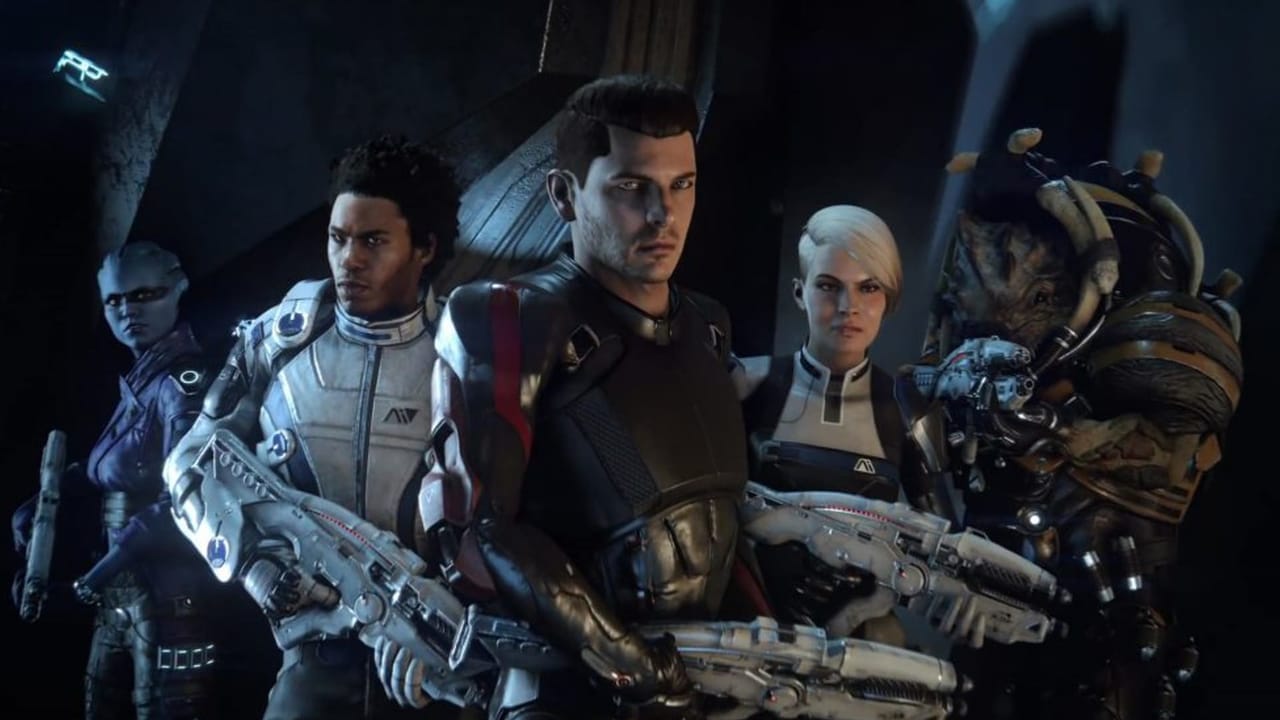
The premise is a bit daft on the surface, especially since Andromeda conveniently waves the space magic wand to give the entire series a fresh start. There is no canon ending to the trilogy and very few references to it while in Andromeda, so it is a chance for a clean break from those titles. An optimistic game at its very core, Andromeda is less interested in crafting a complex, dark narrative, choosing instead to be more emotional and hopeful as it shifts away from the trilogy's tone.
It is not always successful. The game's new conversation mechanics are a continuation of BioWare’s experimentation with the dialogue wheel. The use of tonal options over the binary Paragon/Renegade choices offers a bit more nuance in how you play your character, but very little control in how your character ultimately behaves. Even here, that optimism is present. The more logical and professional choices feel softer and more agreeable, and Ryder as a character is charming through endearing lightheartedness over the tougher and more disciplined Shepard. The character’s age and relative inexperience set them apart but also come with extra baggage and story snags that are hit along the way.
The game mixes several ideas into a blender, and the resulting puree is a hodgepodge of good ideas shackled by an unpolished presentation. Themes of colonization, war, genocide, and diplomacy are quickly discussed or glossed over altogether in favor of the thrill of exploration, discovery, and pop sci-fi clichés. It is the continuation of the Mass Effect series playfully flirting with space opera tropes and twisting them into something new, but the more serious issues often feel tacked on or in the periphery as a result. There are plenty of longer, more detailed quest lines, but progression is at a snail’s pace, resulting in pacing issues throughout the experience. This is especially noticeable on the galaxy map, where scanning and navigating planets is hidden behind a first-person perspective that is more than a little slow. There is a ton of interaction with minor and major NPCs, but often the conversations are short and shallow, providing exposition or the bare essentials needed to continue a questline. Some dialogue is expertly written, other lines feel out of place or subpar in comparison.
Uneven writing is par for the course with BioWare games, but it is much more noticeable in Andromeda due to its wide array of technical problems. There is not much really to say regarding the facial animations or numerous bugs players have encountered at this point, but perhaps the biggest issue they bring to the table, outside of their overexposure via memes, is the disconnect they bring to the game's narrative. Often, conversations and actions with characters feel disjointed, leading to a lack of emotional resonance. Even companions and major NPCS, while better polished and providing great performances through the voice work, struggle to make an impact this time around because of weaker lip synching or glassy-eyed stares.
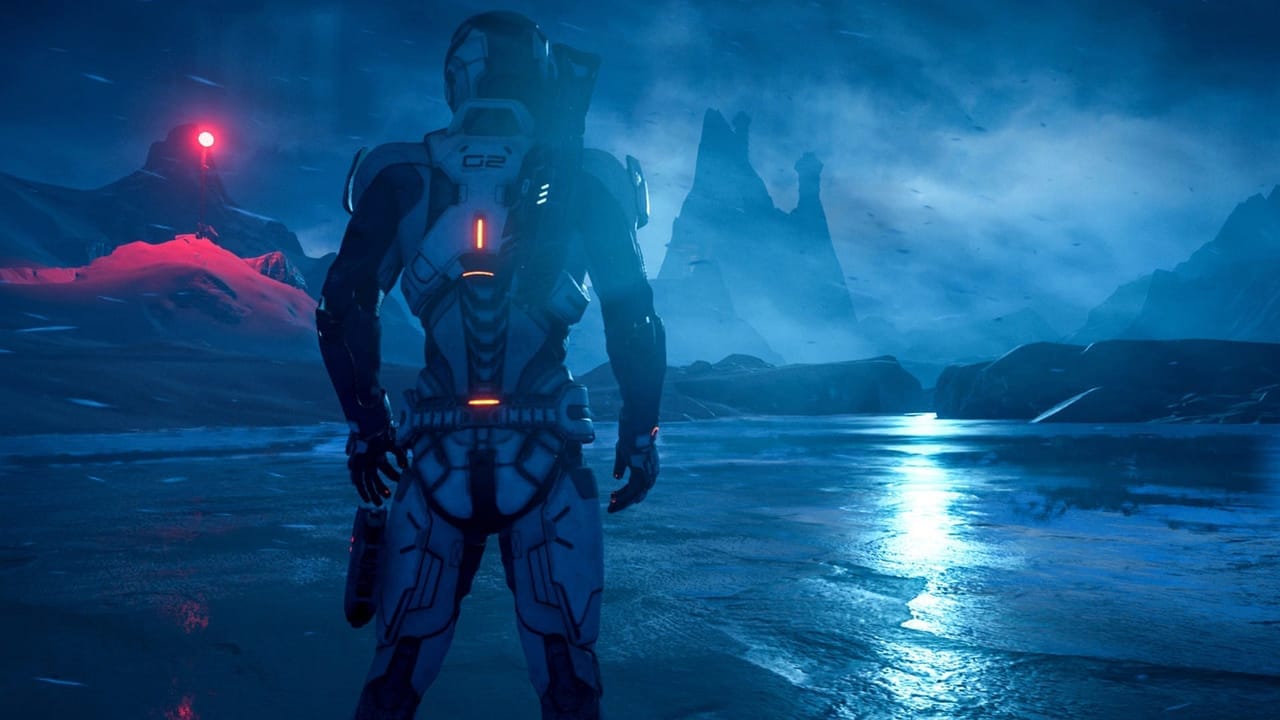
It is not the dialogue or the writing that is the problem with Andromeda, it is the presentation. Such a technical issue will also be hard to fix as well, but it is one of the major hairline fractures to the game's overall package.
This is also, ironically, par for the course with BioWare titles. Games such as Dragon Age: Origins, Jade Empire, and Baldur’s Gate 2 had many technical issues of their own on release, including bugs, poor graphics, or anachronistic presentation. What makes those games more endearing is that they took risks and tried something new, whereas Andromeda plays it safe and doesn’t rock the boat too hard.
This is likely by design of course, but it is still an issue holding the game back. Whatever the reason, Mass Effect: Andromeda will always have the baggage of its name, and this is certainly a contributing factor to some of the disappointment surrounding it. This is not the only issue, as the world of role-playing games has evolved in the past decade and it makes Andromeda feel old upon arrival. Titles such as Horizon Zero Dawn suffered similar facial animation issues, but made up for it with a strong presentation. The Witcher 3 dazzled critics with its open-world and quality cinematics despite in-game bugs and poor combat elements. The original Mass Effect was a trendsetter in the use of voiced protagonists and the cinematic style of role-playing; the stiffness of the animation and the flat delivery of lines was forgivable in 2007 because of that reason. Mass Effect: Andromeda instead is a follower of trends that apes the successes of other RPGS instead of creating their own, which leads to these same technical shortcomings to be highlighted in 2017.
There are some major improvements in the overall game design, despite all of this. Combat and quest design are well-done in particular, and some of the bigger quest lines are a string of several missions that allow you to become really engaged in a smaller side story. Companion quests are well-written, containing not only separate loyalty missions for each squadmate but several interactions and prerequisites that offer more character interaction and depth to discover. The diversity in quests is also there, although they all follow some form of a pattern of scanning, searching, talking, fighting, or driving to complete.
Combat and overall control schemes are top-notch. The fluidity in the thick of a battle was a huge plus, the simple additions of the jetpack and evasion moves grant a lot of maneuverability. This makes firefights feel fast and challenging, and the open-world is a perfect fit for the more mobile combat rhythms versus the more claustrophobic, cover-heavy style of the trilogy. The diversified skill trees for Ryder as a character allow for flexible character builds (at the sacrifice of squad mates, who skill trees and abilities are shallower in comparison) and offer a lot more versatility in how the player dictates the pace of combat for their playstyle, combining their powers and a plethora of guns in near perfect harmony.
To top this all off, the controls for the Nomad are smooth and the use of space in the open worlds is deftly handled here. There is a lot to do in the game, and the world itself doesn’t feel empty or artificial like Dragon Age: Inquisition. The UI of Andromeda is not that intuitive, and the myriad of menus, while organized well, can be intrusive at times. A lot of smaller mechanics are also optional content; strike team missions are the simple refinement of the war table missions from Inquisition but provide immediate rewards when completed. Crafting is deeper and more complex and can lead to a clever gun and armor combo that can change the shape of combat encounters. All of this is good side content, and coupled with the passive rewards from building up outposts, the entire theme of the game of establishing colonies for the Milky Way is much more interactive here, giving the player a stake in the well-being of the Heleus Cluster.
Outside of the story, combat shines greatly in the game's multiplayer mode as well. The refinements to the well-established system in Mass Effect 3 continue here, so those familiar with the mode know what to expect for the most part. The improvements to combat maneuverability, the cover mechanics, and weapon and kit loadouts are all the icing on the cake. Multiplayer hasn’t changed too much between the two games, but there was not much to change to make it better either.
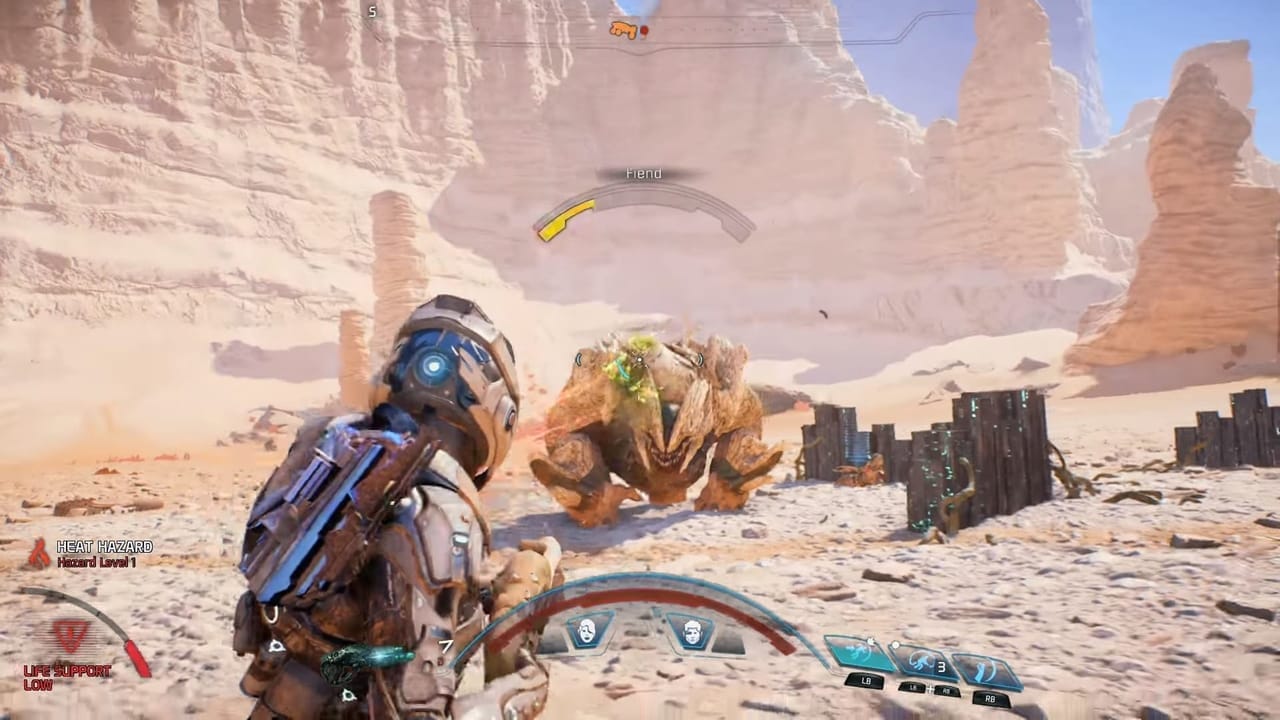
It is also the most RPG-heavy game in the series, bringing to the table several quests that have interesting consequences both in-game and for future titles. There are many seeds planted in Andromeda for future titles that add to the world building, which is a page straight out of BioWare’s other major series, Dragon Age. It is also refreshing to see more than a few big ticket choices in the game have their consequences play out in the final missions as well. In fact, if there is one thing I can say about the plot of Mass Effect: Andromeda, it's that the game certainly ends strong.
It is the journey getting to that point that is somewhat rocky, however. Mass Effect: Andromeda, despite all its optimism, strong control schemes, decent character writing and quest design, still feels unpolished and hamfisted at times because of its presentation. Combine this with this sense of disappointment that nothing new was really done with the series, and you have a game that is good by all accounts but instantly forgettable at the same time.
Much like the character of Ryder, Mass Effect: Andromeda is a title that struggles to find its footing at first but does come around to more stable ground as the game progresses. It is a shame that the unpolished animations and technical hiccups really accentuate the underlying problems the game has. Andromeda is a good game and worth a play, but it is not a game that will light the world on fire, which is no doubt part of the overall disappointment many have for the title. There is hope, though, that the next Mass Effect title can do better. Much like the species of the Milky Way, a little blind optimism does go a long way.
Mass Effect: Andromeda was reviewed on PlayStation 4 with a copy provided by the publisher. It is also available on Xbox One and PC via Origin.
Review Summary
Much like the character of Ryder, Mass Effect: Andromeda is a title that struggles to find its footing at first, but does come around to more stable ground as the game progresses. It is a shame that the unpolished animations and technical hiccups really accentuate the underlying problems the game has.
(Review Policy)Pros
- Solid Combat and Quest Design...
- Good Writing and Vocal Performances...
- Tons of Content...
- Some Good, Well Thought Out Ideas...
Cons
- ...Unpolished Presentation
- ...That Feel Disconnected Due to Bad Animations
- ...Leading to Poor Pacing
- ...Ultimately Doesn't Take Any Risks
Have a tip, or want to point out something we missed? Leave a Comment or e-mail us at tips@techraptor.net
